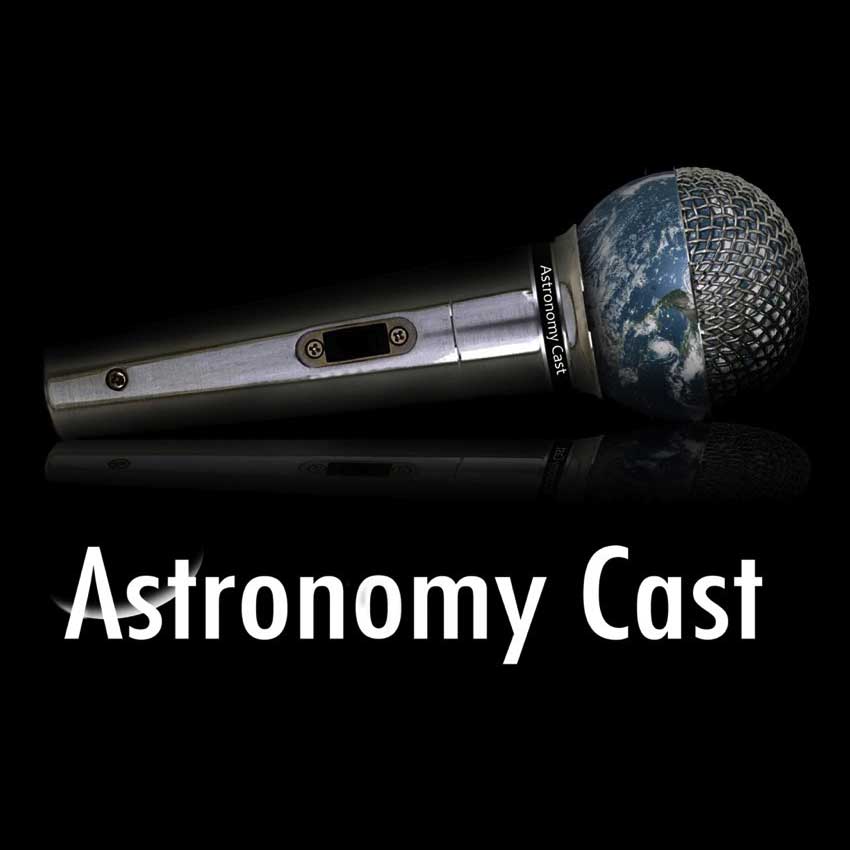This week, we’re on to the next planet in the solar system. The blue gas planet. Today we’ll cover its faint rings, sideways axis of rotation and its rocky core.


This week, we’re on to the next planet in the solar system. The blue gas planet. Today we’ll cover its faint rings, sideways axis of rotation and its rocky core.


This week we’re going to just talk about Jupiter, and then next week, we’re going to cover its moons.

Today we consider Mars, the next planet in our journey through the Solar System. It’s a cold, dry desert, so why does this planet hold such fascination?

Today we talk about our own home world: Earth. You might think you know the planet beneath your feet, but it’s actually one of the most interesting and dynamic places in the Solar System.

Last week we talked about Mercury, so this week our planetary parade proceeds to Venus. It’s the brightest object in the sky, the hottest object in the solar system, and it’s probably one of the most deadly places to go and visit.

Today we start our survey of the solar system with Mercury. What mysteries is it hiding from us? How similar is Mercury to the other rocky planets? How much do we really know about this first rock from the Sun?

Time to debunk some of the pseudoscience that people mistake for astronomy with Dr Steven Novella Skeptic’s Guide to the Universe.

When you think of the Moon, you think of craters. Here you go, the week we drove the show into a crater. Wait… there’s got to be a better way to describe this.

It’s time once again for Astronomy Cast to go on hiatus. You’ve got a couple months on your own to explore the night sky. But before we say goodbye, we’d like to make a few suggestions.